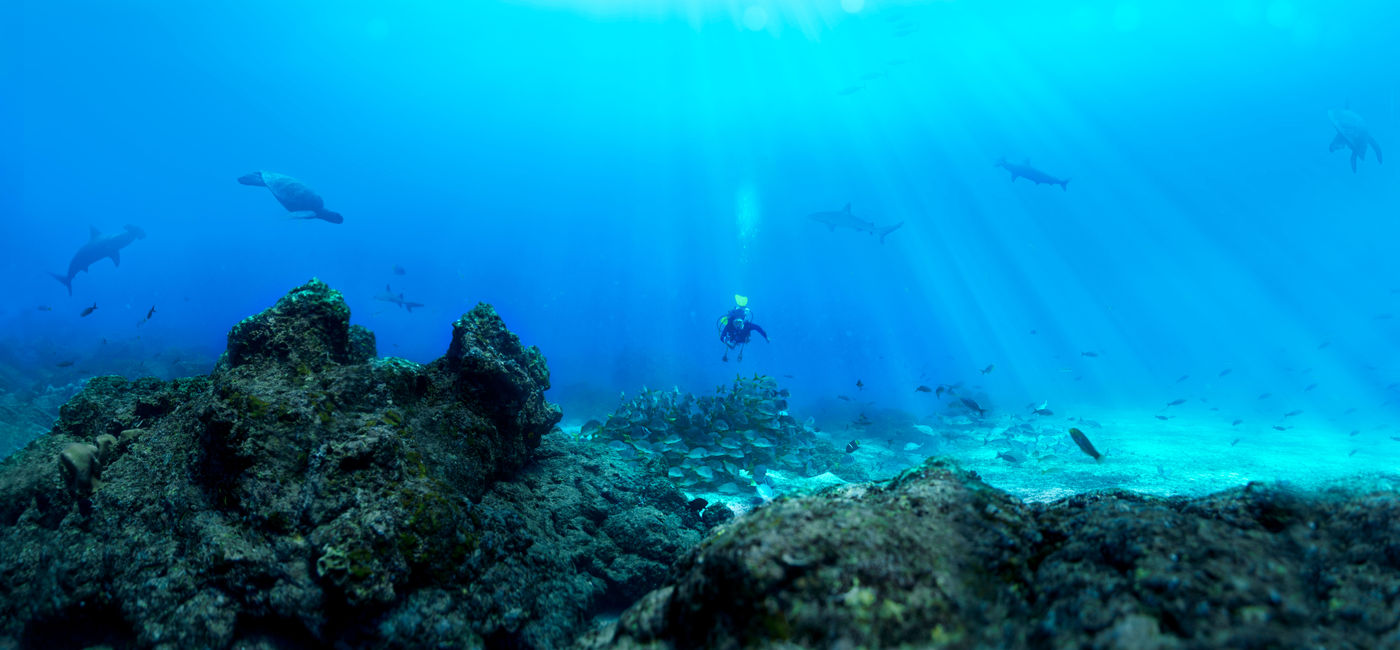Tour Operators Call to Limit Tourism to the Galapagos Islands

The International Galapagos Tour Operators Association (IGTOA) is recommending a limitation to the growth of land-based tourism in the Galapagos Islands following UNESCO’s release of its 2023 State of Conservation Report.
The nonprofit organization sent a letter to Ecuador’s UNESCO delegate, Mauricio Efraín Baus Palacios, to encourage the country’s follow-through on a zero-growth tourism strategy for the islands, which the country had committed to in 2017 but has not yet implemented.
The Galapagos Islands, which are part of Ecuador, currently regulates ship-based tourism more carefully than land-based tourism.
According to the country’s Ministry of Tourism data, the islands could potentially welcome one million visitors annually by 2041 if tourism growth isn’t regulated, leading to the harmful effects on natural areas that overtourism can bring, such as a decrease in animal births due to stress and pollution.
“The Galapagos Islands are among the world’s most ecologically pristine and intact natural environments,” said Marcy Patry of CNH Tours, who is an IGTOA board member and has previous work experience with both the Charles Darwin Research Station and UNESCO. “They are home to many species found nowhere else on Earth and they are incredibly fragile. Well-managed tourism can continue to play an important role in the ongoing protection of the islands. But it’s a double-edged sword. Uncontrolled growth and no plan to deal with it is a potential recipe for disaster.”
The ship-based tourism regulations became effective in 1998, capping the total capacity of the Galapagos passenger fleet, limiting the number of passengers that can visit each year. Since then, all tourism growth to the islands has been in land-based tourism.
The IGTOA recommends curbing land-based tourism by increasing visitor fees, a conservation process in line with other natural destinations like the Serengeti and capping the total number of hotels or land-based tourists that arrive each year, the same way that ship-based visitors have been capped for nearly 25 years.
It’s possible that travel to the Galapagos may get more exclusive should the country pass new regulations restricting the growth of tourism to the islands, though travelers should consider it as best practices for the sustainability of the fragile ecosystem for the centuries to come.
